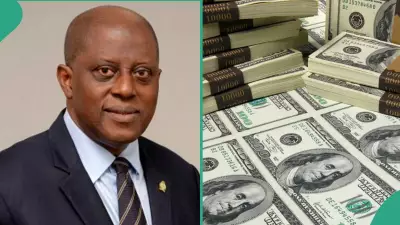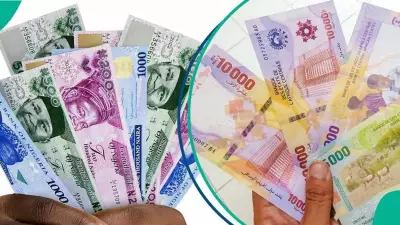
Henry Emami, a prominent chieftain of the All Progressives Congress (APC), has issued a stark warning against the federal government's proposed 15% tariff on fuel imports, describing the move as potentially catastrophic for Nigeria's already strained economy.
In an exclusive interview, Emami expressed deep concerns about the timing and potential impact of this policy, stating that it would inevitably lead to higher costs being passed down to ordinary Nigerians who are already grappling with economic challenges.
Economic Domino Effect Feared
The APC leader outlined a worrying chain reaction that could result from the tariff implementation. "This 15% levy will directly increase the cost of petroleum products," Emami explained. "When fuel prices rise, transportation costs automatically follow, and this creates a ripple effect across every sector of our economy."
Emami emphasized that the increased transportation expenses would force businesses to raise prices for goods and services, ultimately fueling inflation and making basic necessities less affordable for the average Nigerian family.
Call for Policy Reconsideration
The political figure urged government authorities to carefully reconsider the proposed tariff, suggesting that alternative approaches should be explored to avoid placing additional burdens on citizens. His intervention comes at a critical moment when many Nigerians are expressing concerns about the rising cost of living.
"We must prioritize policies that alleviate rather than exacerbate the economic pressures facing our people," Emami stressed, highlighting the need for measures that support economic recovery and stability.
Broader Implications for Nigerian Economy
Industry analysts share Emami's concerns, noting that any increase in fuel costs typically has widespread consequences throughout the economy. From small business operations to household budgets, the proposed tariff could affect multiple aspects of daily life and economic activity across Nigeria.
The warning from such a significant political figure within the ruling party underscores the seriousness of the issue and suggests growing apprehension about the policy's potential impact on both the economy and public sentiment.






